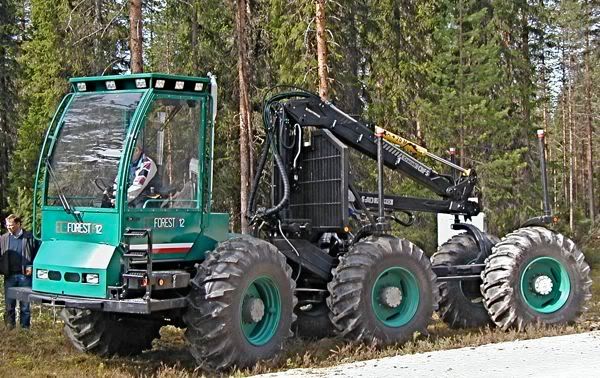ntsqd
Heretic Car Camper
Having been involved with the development of an EV/HEV this falls short of what they could have done. No doubt that it's a step in a new direction, but I'm not impressed. To me it looks like pandering to the masses instead of building a vehicle at the mass consumption limit of current technology.maximumrob said:Eh? All this naysaying on a so-called "green" message board? I welcome the electric Wrangler and believe the technology is there to support an off-road habit, as well. It's the marketers and bean counters that won't let them do it right so guys like us get to use it.
There's only one reason the new electric Wrangler won't be good for wheelers...pussification. That's right, to get more money for it, they'll pretty it up and call it the "luxury" version and it won't be a trail-worthy vehicle. We won't see EV in a Rubicon unless they can get $40k for it.
You watch. You'll see.
I'm still not convinced that batteries are an ideal high density energy storage device. By '97 I was convinced that batteries would only serve to work out electric drive technologies and that fuel cells would eventually take over the storage of energy. I'm not convinced that I was wrong, but the recent problems in fuel cell development sure have pushed out their time frame.
Hub motors have been discussed since the very beginning of electric powered vehicles. As I understand it the problem with them is torque. By the time you gear them down enough to generate the required torque the parasitic losses exceed that of a single reduction gear set coupled with CV joints. I expect that sooner or later someone will figure out a solution, but until then they're not the most efficient way to go.
When talking about Hybrids there is nearly always the debate over the superiority of "Series" or "Parallel" drive design. I've been involved with them since '96 and I still can't keep straight which is which. An argument can be made for calling either arrangement by either name. I prefer to call them "Electrically Coupled" or "Mechanically Coupled."
A mechanically coupled system has the IC and the EM arranged where either or both can supply motive power to the wheels. An electrically coupled system has only electric motive power. The IC generates electrical power, either for immediate use or to be stored in some storage device. Diesel-Electric Locomotives are a prime example of the latter, though they lack any sort of energy storage method beyond inertia.
Last edited:


